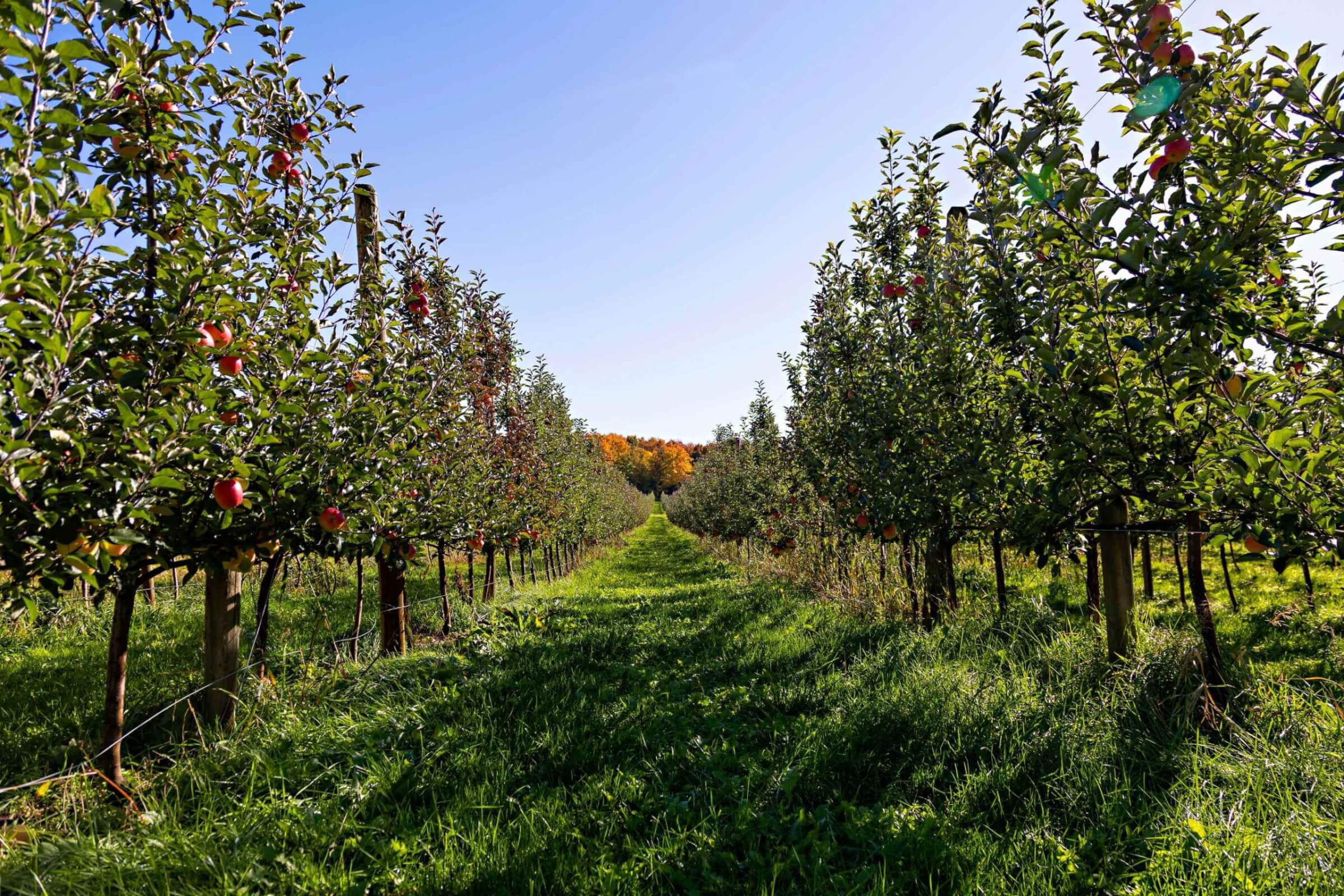It’s important to ensure migrant farm workers are paid and compensated fairly for the hard work they do to help feed us. Many people automatically assume that workers in the federally regulated Seasonal Agricultural Worker Program (SAWP) and Temporary Foreign Worker (TFW) program are paid poorly or even below minimum wage, but this is not the case.
All migrant workers employed in Canada under one of these programs is guaranteed at least the minimum wage and often more. For example, wages for SAWP and TFW workers in Ontario are slightly above the minimum wage because under the terms of the programs they arrive through, they receive the higher of either the provincial minimum wage or a federally calculated wage rate that is based on inflation.
What is perhaps less known than this wage guarantee is that farm workers employed through these two programs receive other important employment benefits for the work they do in Ontario. The most substantial benefits are in the form of subsidized housing and travel during their employment here. For example, workers hired through the SAWP program receive fully subsidized housing at no cost to them and have half their flight to Canada paid; workers hired through other agricultural TFW programs receive highly subsidized housing – with a maximum of $30/week rent paid by a worker – and their flight to Canada is fully subsidized. These subsidies must be provided by employers under the federal program rules and would add several dollars to the workers’ hourly pay if converted into their cash equivalent.
Several smaller but not insignificant benefits include that the housing provided to Ontario is typically fully furnished and in many cases, employers offer free Wifi and TV. The housing for farm workers coming to Canada under the SAWP and TFW programs is regularly inspected by local and federal departments and also may be visited by officials from the workers’ home country at any time in order to ensure it is up to standard and comfortable for the workers to live in.
The largest expense for workers while they live in Ontario is groceries, as this is not an expense covered by employers. A lot of the workers LOVE to cook, and you can often find them cooking traditional dishes from the countries they are from. Read more about the restaurant Desrine owns back in Jamaica or watch Errol discuss his favourite meal to cook for everyone.
As most farms are located in rural areas, workers will have designated times each week when they head to the local grocery store to do their shopping for the upcoming week. While not required to provide any form of transportation for workers, many employers arrange times for workers to access the transportation needed to run their errands.
Other expenses include clothing, cellphone bills and other little things that workers may need during their time in Ontario.
If you’re curious about more information on the SAWP or TFW program visit https://www.morethanamigrantworker.ca/faqs/.

